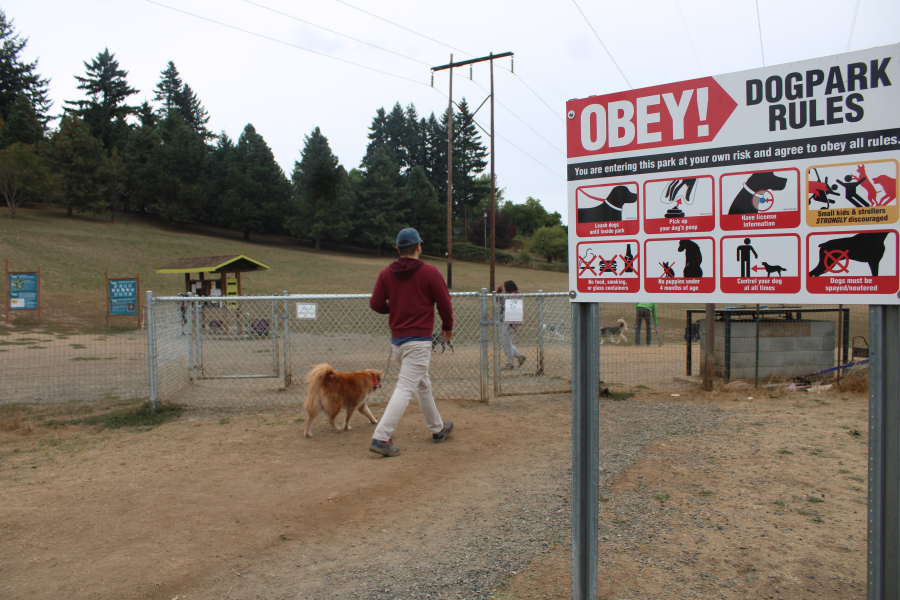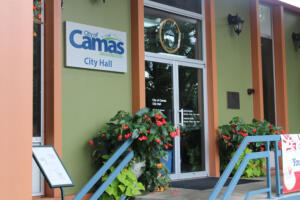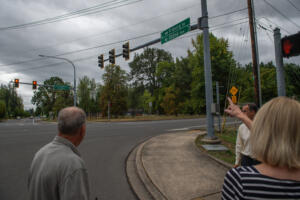It has been more than six years since Camas-Washougal’s only off-leash dog park — the Donald and Angeline Stevenson Off Leash Area located on a 16-acre parcel at 3003 Addy St., in Washougal — closed its gates, forcing local dog owners in search of an off-leash park to shuttle their pooches to other parts of Clark County.
Since then, Camas-Washougal officials have tried to find a suitable space for a new dog park to no avail. In 2017, Port of Camas-Washougal Commissioner John Spencer proposed using a 5.5-acre parcel near the Grove Field airport and partnering with the nonprofit Dog Owners Group for Park Access in Washington (DOGPAW) for park operations and maintenance duties.
That plan eventually fizzled out, but officials didn’t give up. In late 2021, Camas Parks and Recreation Director Trang Lam met with members of the Camas Parks and Recreation Commission and then-Washougal Mayor Rochelle Ramos to scout for possible off-leash dog park sites in Camas. The group discussed a joint venture between Camas and Washougal, and explored the pros and cons for several Camas parks properties.
“This conversation is not new to Camas,” Lam told the city’s Parks and Recreation Commission members in August. “It’s been a long journey of not building a dog park here in Camas, but I’m hoping we’re going to approach this slightly differently, and that, hopefully, we can bring this to fruition this time.”
This time around, Lam reached out to DOGPAW President Marty Rutkovitz and discussed the possibility of DOGPAW, which already maintains four off-leash dog parks in Clark County, partnering with the city of Camas to help operate an off-leash park within city limits.




